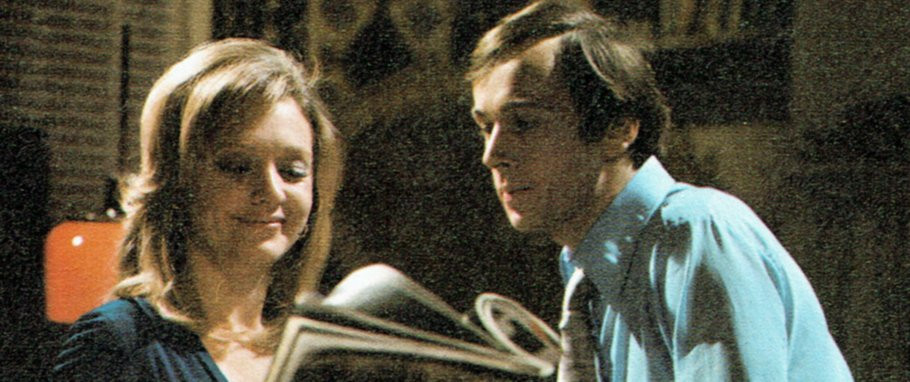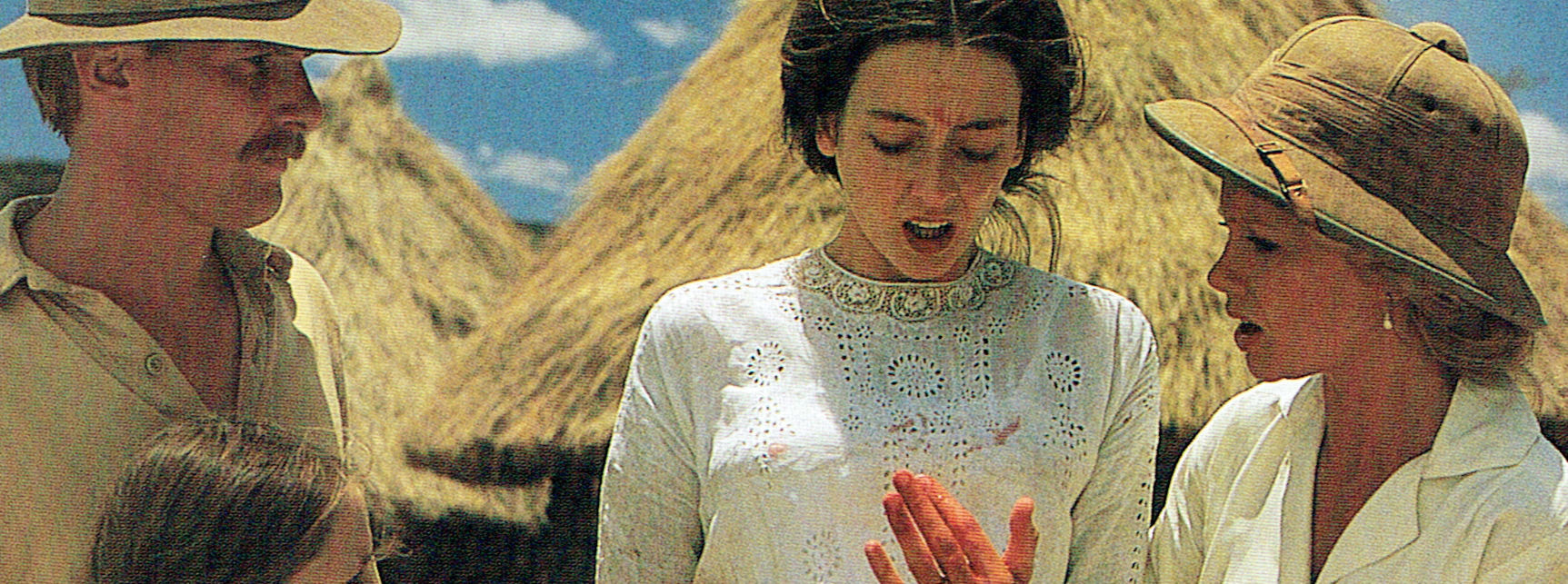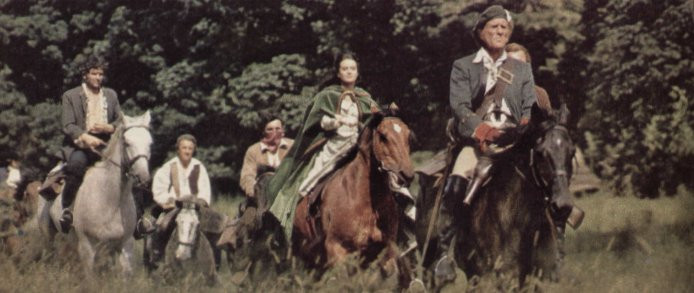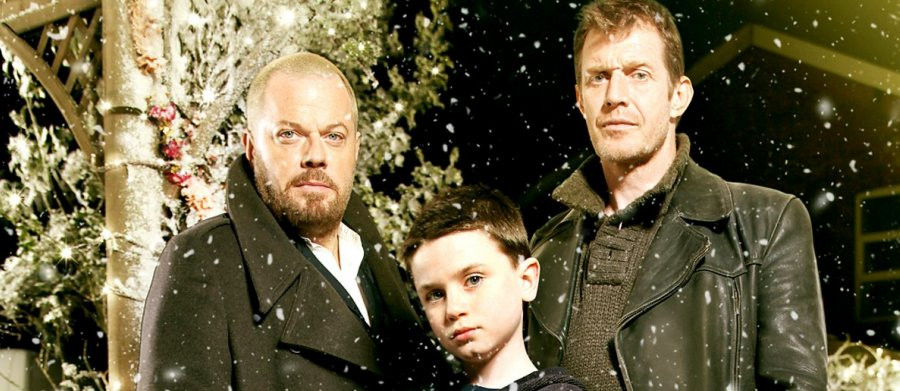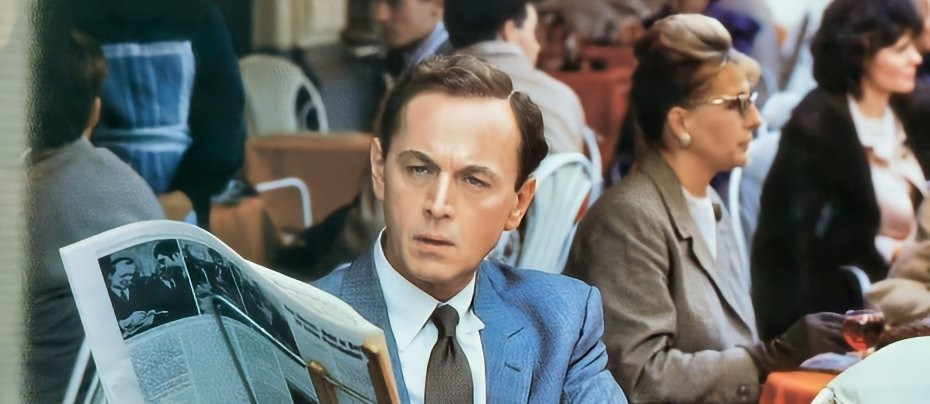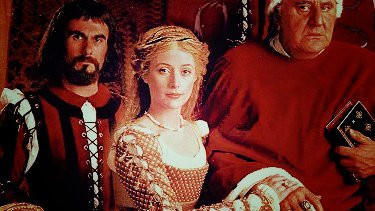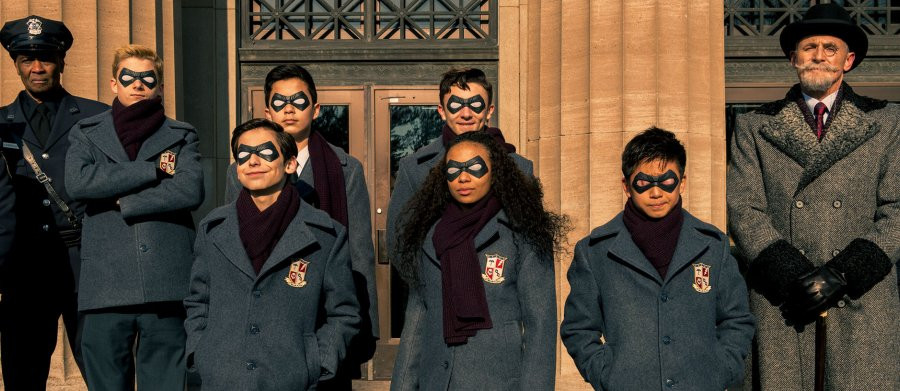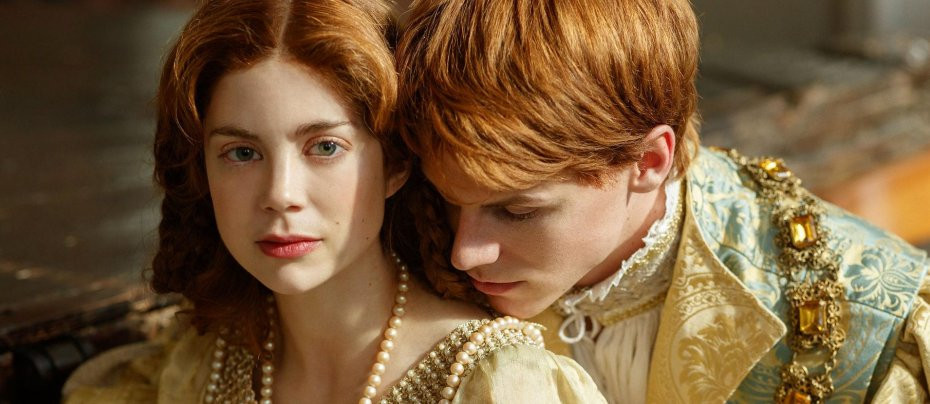
The Spanish Princess
2019 - Uk Usa“if one can manage to sit through the long list of absurdities in the opening episodes, The Spanish Princess does get better, a lot better”
The Spanish Princess review: John Winterson Richards
Catherine of Aragon has had a raw deal from history and fiction. At best, she is an object of pity, Henry VIII's ageing discarded first wife. In the more romanticised versions of Henry's torrid affair with Anne Boleyn she becomes an embittered fanatic whose stubbornness stands in the way of their love.
So The Spanish Princess is a valuable corrective, giving us Catherine's point of view, and concentrating not on the unhappy time of Henry's elaborate divorce proceedings but on her earlier years, when she and Henry had a genuine passion for each other every bit as powerful as his later obsession with Anne. For there is very little doubt that Henry really did love Catherine. That is their tragedy.
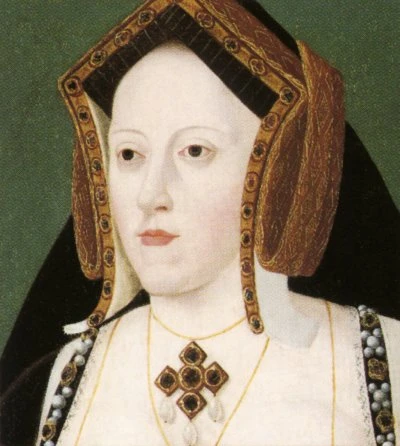
Catherine was a remarkable woman in her own right and deserves to be celebrated as such. A famously devout Roman Catholic, she was far from an obscurantist bigot: at least in her early years, she seems to have been open to the need for some reform and a simpler style of worship. She encouraged the education of women at a time when it was considered eccentric. She was well educated herself, physically beautiful, kind to the poor, and an effective Regent in her husband's absence, and all the indications are that she was extremely popular in England.
A direct sequel to The White Princess, and a continuation of the cycle that began with The White Queen, The Spanish Princess is based, like them, on novels by Philippa Gregory. Unlike the two former series, which were separate "miniseries" each equivalent to a season, The Spanish Princess was intended as an ongoing drama and it ran for two seasons.
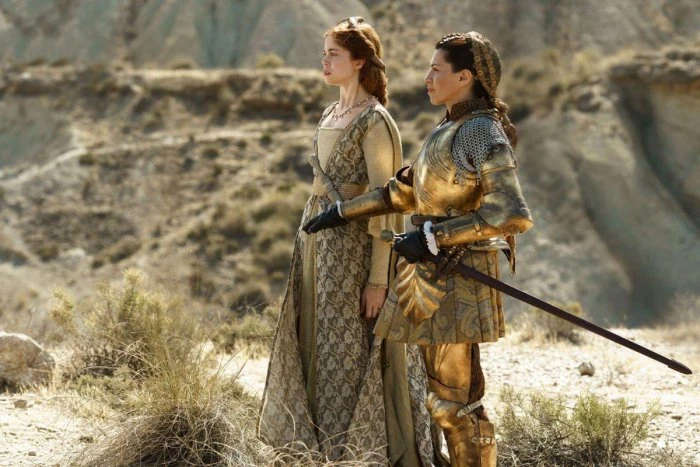
It gets off to an appalling start from which it never really recovered in the eyes of many viewers. Catherine's mother, Isabella of Castile, is portrayed as a modern style Warrior Queen, charging into battle and cutting down her enemies personally. This is total nonsense, and suggesting she went full Xena actually obscures the pro-feminist truth that Isabella really was a notably strong willed and intelligent woman who achieved great things in a very masculine culture.
However, if one can manage to sit through the long list of absurdities in the opening episodes, The Spanish Princess does get better, a lot better.
This is due in large part to a cast which takes its work seriously even when the script does not deserve it, good production, and some real human drama, with a welcome comic touch, in the second season. If The White Queen was criticised as a bit soapy, and The White Princess had a more realistic edge, The Spanish Princess combines elements of both, but its better self prevails more towards the end. A third season might have got better still.
Just as The White Princess changed all but one of the principal cast of The White Queen, so production of The Spanish Princess began with a complete massacre of the cast of The White Princess. This is jarring, especially since the change in the actor playing a role is, as in the previous transition, often accompanied by a change in the way that character is written as well. These are not at all the same people we saw before.
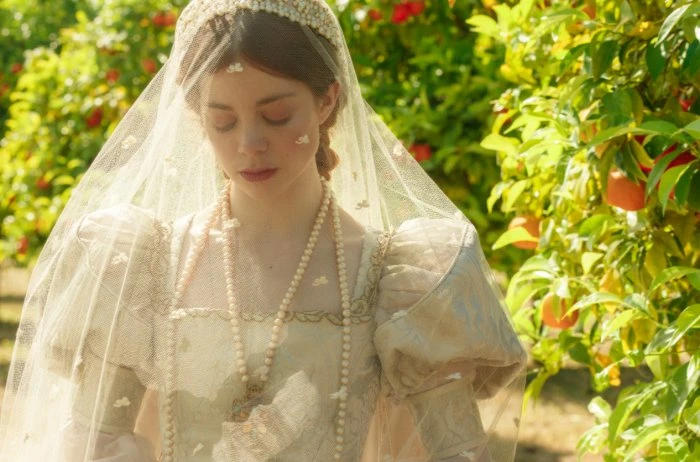
In the case of Catherine herself, the change is to be expected, since she appeared in The White Princess only as a child in a well executed but seriously incongruous dancing scene. The task of carrying the production therefore falls on the shoulders of Charlotte Hope, best known as the unhinged Myranda in Game of Thrones, the show that influenced the adaptation of The White Queen and helped get it produced. Hope carries the lead with considerable authority, in spite of her youth and being lumbered with a cod Spanish accent. It is only because Myranda is so memorable to those of us who watched Game of Thrones that we keep expecting Catherine to do something psychotically violent, which, of course, she never does. What Hope does succeed in doing is prove that there is more to her than a single unusual role, and one hopes her subsequent career will reflect that.
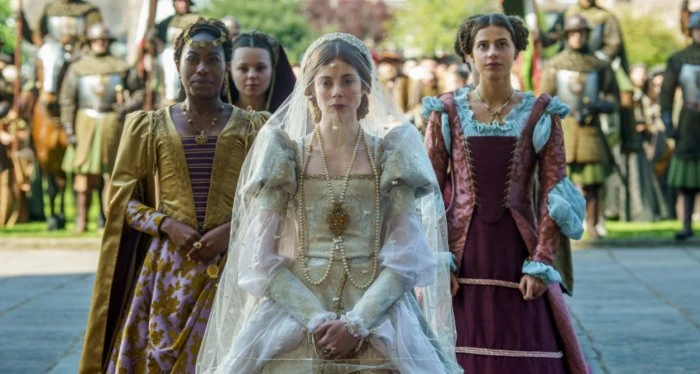
Young Catherine is shipped off as a mail order bride to young Arthur Tudor, Prince of Wales. Arthur is a likeable young man but a bit wishy washy and he has bad hair. What he also has is a more outgoing younger brother called Harry who has ginger hair, an overdeveloped sense of humour, and an eye for a pretty girl. Hmm... Who could this be?
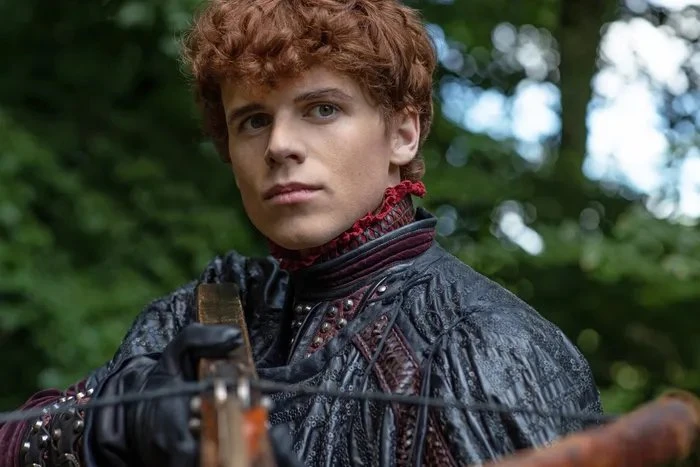
Ruairi O'Connor does well to convey the energy and charm of the youthful Harry, who in his early days was indeed considered the great hope of his country and the model of the ideal Christian Prince. Like the real Harry, he does not really live up to this promising start. The supposedly more mature Harry still comes across as a petulant spoilt child, which in many ways he never ceased to be, but he was also a terrifying physical presence, which O'Connor is not. Check out Robert Shaw in A Man For All Seasons or Damien Lewis in Wolf Hall for how the character's cheerful menace should be done.
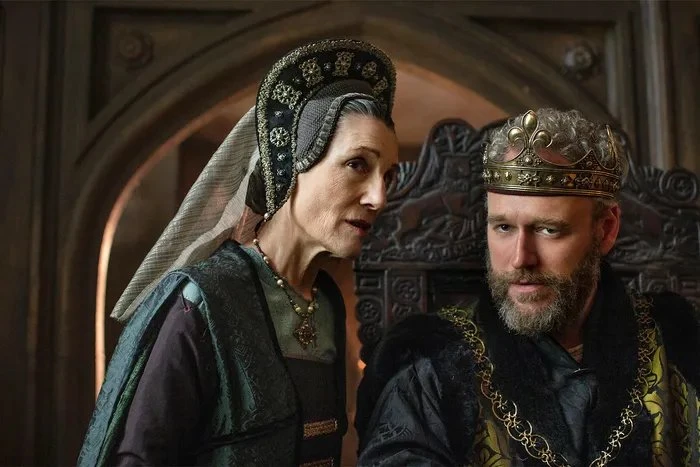
Harriet Walter is well cast as Margaret Beaufort, and it is a great pity that the character's role in the drama has deteriorated. Amanda Hale played her as a permanently on edge intriguer in The White Queen and Michelle Fairley as an arrogant matriarch in The White Princess, but she is reduced to no more than a straight villain in The Spanish Princess. Walter, one of our best actresses, does what the part requires, but she could have done so much more. The real Margaret Beaufort was an extraordinary woman, especially in a time that did not encourage them: devout and highly intelligent, she left a substantial legacy as a patron of learning.
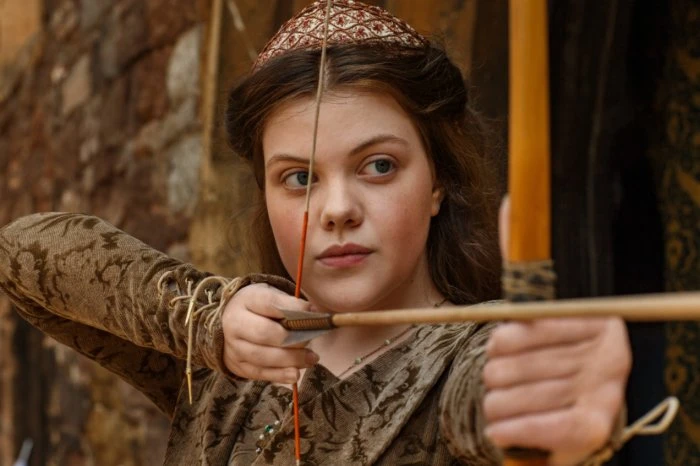
Georgie Henley, so delightful as a child actor in the 'Narnia' films, is wonderfully entertaining as Harry's sister, Margaret, whose complicated love life - she was a true Tudor - really did make a mess of his Scottish policy. Her character arc is played for laughs, and it is a welcome relief from all the depressing stuff in the main plotline, especially since Henley really seems to enjoy herself and tears into her role without restraint. She deserves her own "spin off."
She makes a great comic double act with Ray Stevenson as her husband, James IV of Scotland. Stevenson always turns up in historical projects like this, and he is always value for money, even if he is not quite the historical James, who was a much younger man and the epitome of the gallant Renaissance Prince. Still, it is a pity that Stevenson was not around for longer - which is what Scots say about James IV to this day.
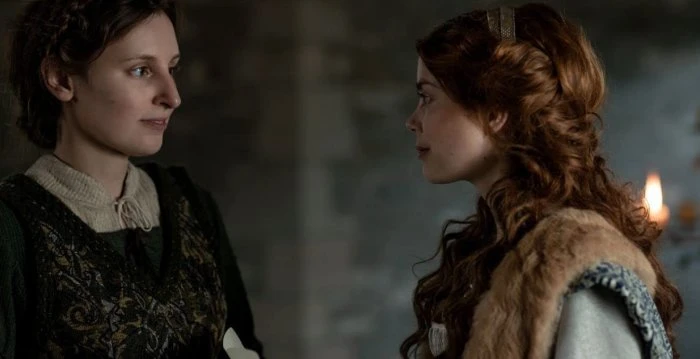
Laura Carmichael from Downton Abbey takes over the role of the ill-fated Margaret Pole. She is well cast, even if the way her relationship with Sir Thomas More (Andrew Buchan) is presented here is inaccurate and may be offensive to Roman Catholics, to whom she is the Blessed Margaret Pole and he is Saint Thomas More. Her involvement with a conspiracy strikes another false note, oddly reminiscent of Kenneth Connor as Lord Hampton of Wick in Carry On Henry.
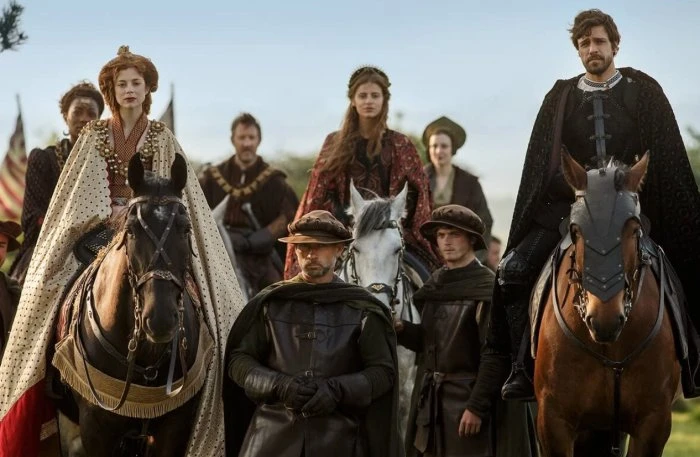
Olly Rix is impressive as an aristocrat with a surprisingly powerful character arc that portrays him at first as very disagreeable, then as genuinely noble, and ultimately as tragic. Philip Cumbus is credible as a deferential Thomas Wolsey, even if the script is unfair not to point out that, while the Royals were playing all their games, it was Cardinal Wolsey who was transforming a Medieval backwater into a modern European state. Peter Egan, still fondly remembered from Prince Regent, and an actor of whom we do not see enough, is pitch perfect as "General Thomas Howard," the veteran commander who defeated James IV of Scotland when Catherine was ruling in her husband's absence as "Governor and Captain General." One of the many historical errors is implying that he was treated with ingratitude: in fact the real Thomas Howard, Earl of Surrey, was rewarded by being restored to his father's Duchy of Norfolk, and his descendants still hold that title today as Premier Peers of England.
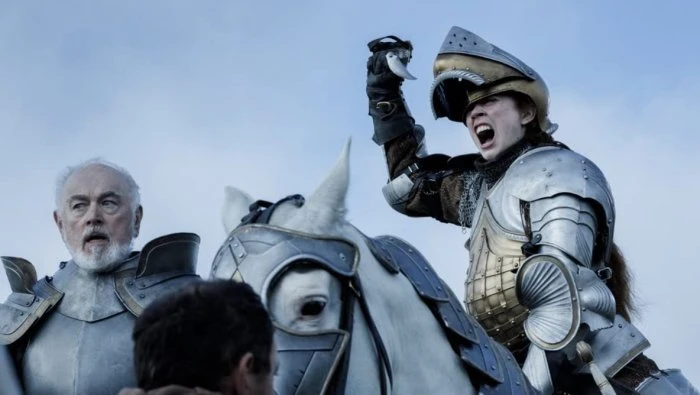
In general, the history is pretty bad, the nadir being when Catherine herself turns Xena, taking part in the battle against the Scots in person, which she never did, or perhaps when the Emperor Charles V turns up as an uninvited guest at the Field of Cloth of Gold, a conference held to cement an alliance against him. To an extent, these crimes against truth are at least forgivable because, as in The White Princess, every episode ends with a disclaimer that some events and characters have been altered for dramatic purposes. Yet, in one sense, this increases the confusion because it rather detracts from the fact that many of the most surprising things suggested by The Spanish Princess are true, or at least might be true.
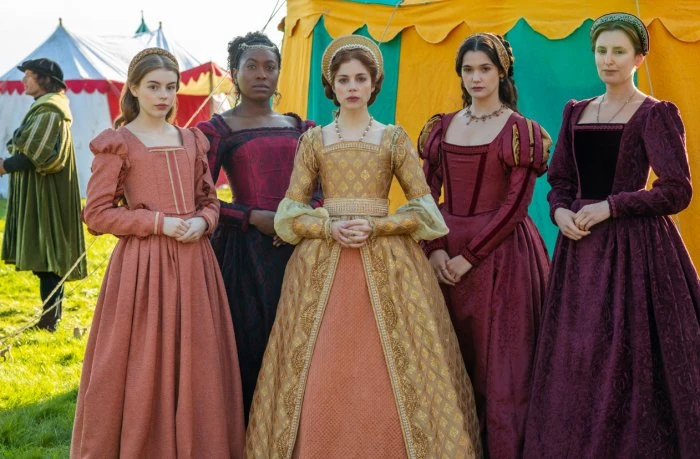
For example, the recently widowed Catherine really was kept in limbo, and relative poverty, in England while her family and her in-laws argued what to do with her and the financial obligations that accompanied her marriage - and at one point her father-in-law, soon after he lost his own wife, appears to have given serious consideration to marrying Catherine herself. Yuk. Henry VIII really did get his reign off to a splendid start by decapitation of his father's chief tax collector (there were no grudges on either side and the man's descendants achieved high favour under Henry's children). If giving Catherine a Moorish servant seems like pandering to "wokery," the character is based on a real person, even if she did not rank as a lady. There really were May Day race riots in Tudor London. The Meg Tudor stuff is also basically true.
History frequently offers more than television production can bear: while Catherine's parrot is a scene stealer in The Spanish Princess, we never see the historical Catherine's pet monkey. Given that Ricky, the parrot actor, was apparently not well behaved on set (even if it should be noted that his stand in was a complete professional), the producers were probably right that a monkey would have been one risk too many.
Seen this show? How do you rate it?
Seen this show? How do you rate it?
Published on April 8th, 2022. Written by John Winterson Richards for Television Heaven.


